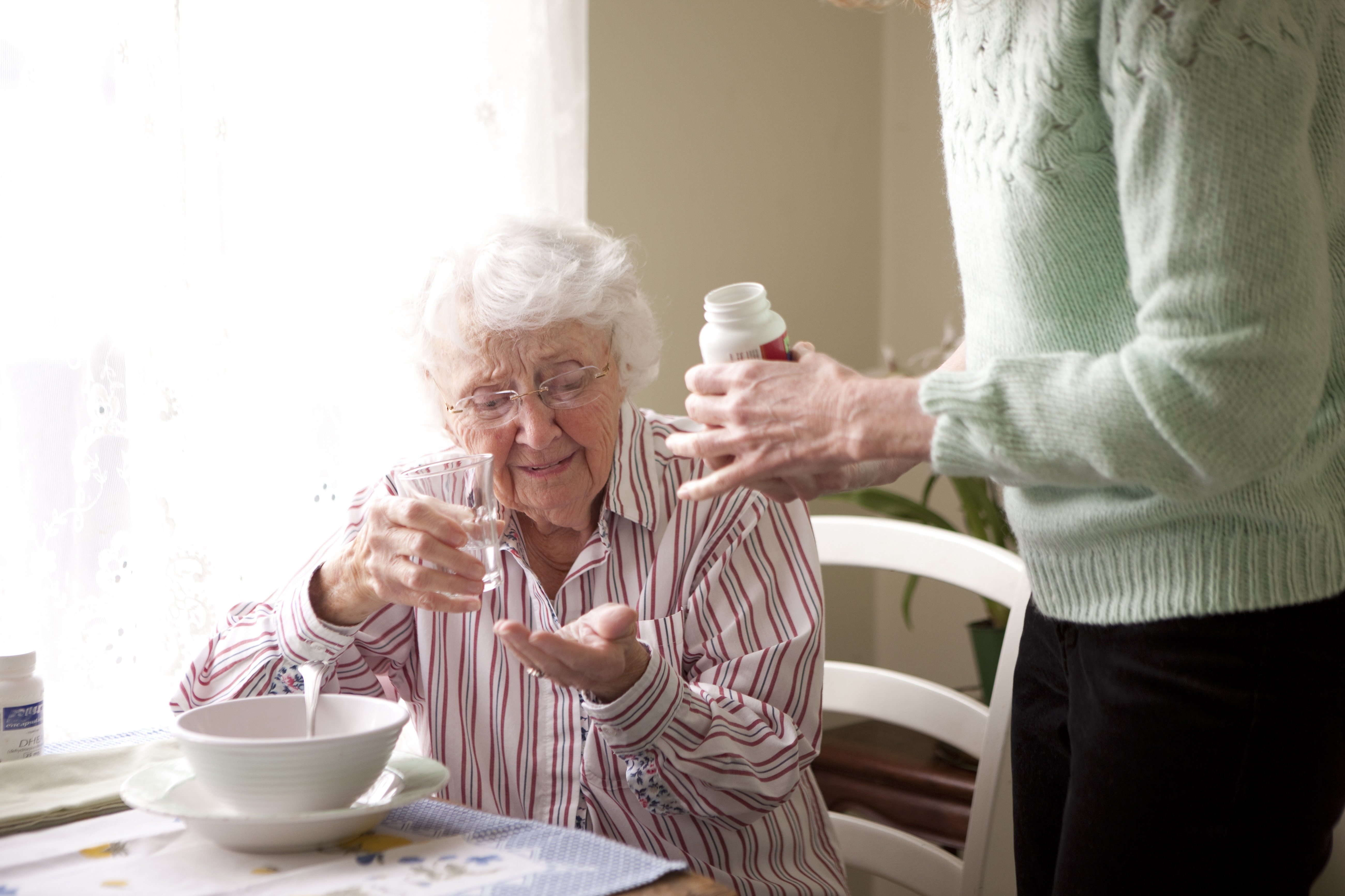In a newly published JAMA Internal Medicine commentary UConn Center on Aging at UConn Health geriatric experts are shining light on the need for more family caregivers to meet the growing needs of older adult family members. They also point out that only a small percentage of family caregivers actually receive the appropriate training.
“Each year, millions of people in the United States provide care for an older family member,” the UConn author team writes. “As the population ages, the demand for family caregivers will continue to increase. Often overlooked by the health care system, family caregivers support older adults’ health and provide enormous financial and societal value by allowing the deferral or avoidance of institutional care.”
The commentary authors are Dr. Karina M. Berg, Richard H. Fortinsky, Ph.D. and Julie Robison, Ph.D. of the UConn Center on Aging and the Department of Medicine at UConn School of Medicine.
The authors stress that caregiving can be taxing and distressing to family members who may be unprepared for the role and are recommending increased training to ease their potential distress. Research shows only a small percent of current caregivers report receiving any training related to their role.
“These results point to a profound deficit in caregiver support and training, which can improve health outcomes for both caregivers and recipients of care,” the authors report.
The researchers stress that if we don’t solve this issue soon there may be future repercussions.
“As the number of older people in the United States continues to increase, failure to address the needs of family caregivers is likely to have far-reaching consequences for the structure and cost of health care.”
To learn more about the growing caregiving issue and the experts’ recommendations read the April 8 commentary in JAMA Internal Medicine.



